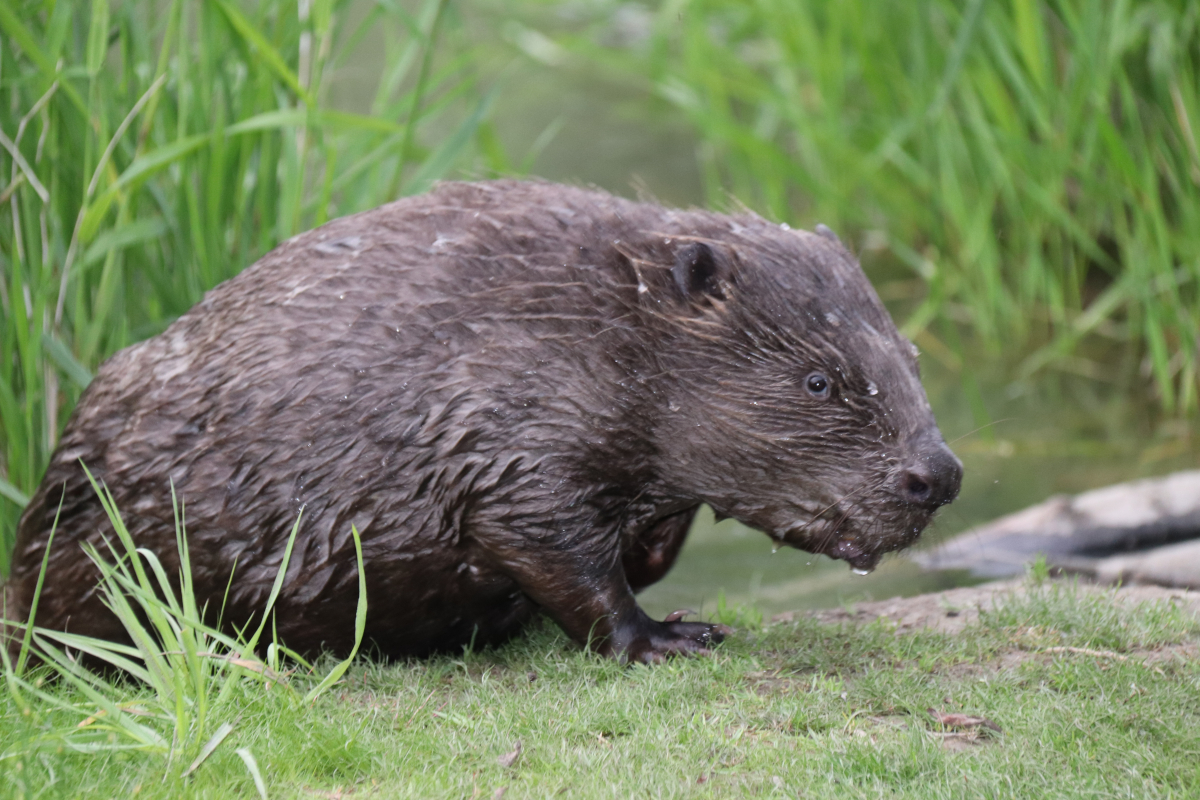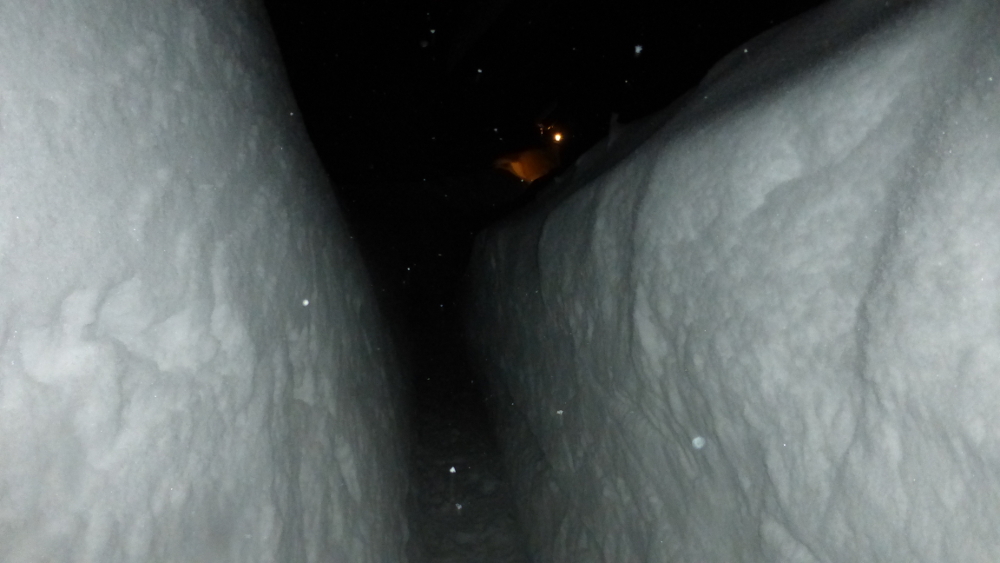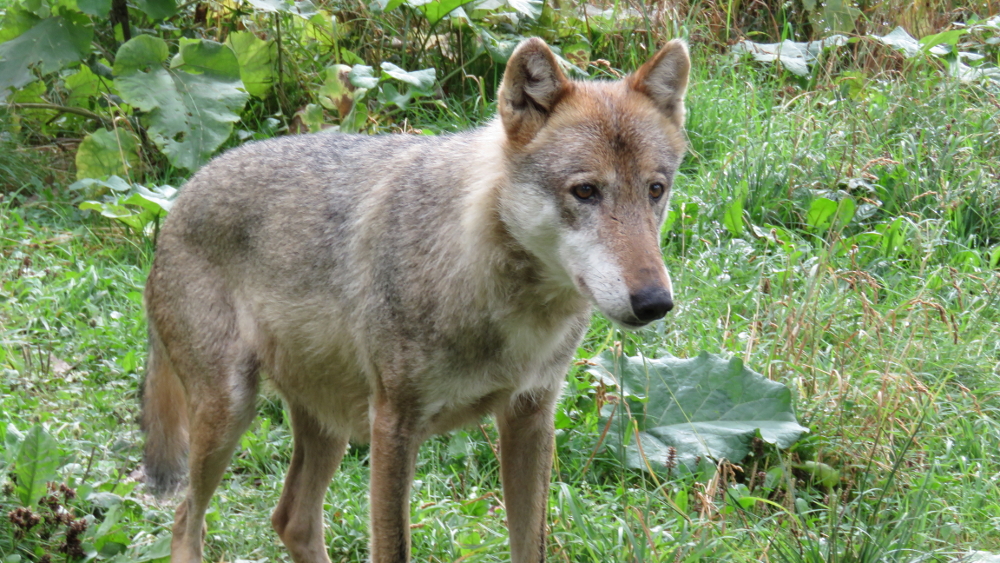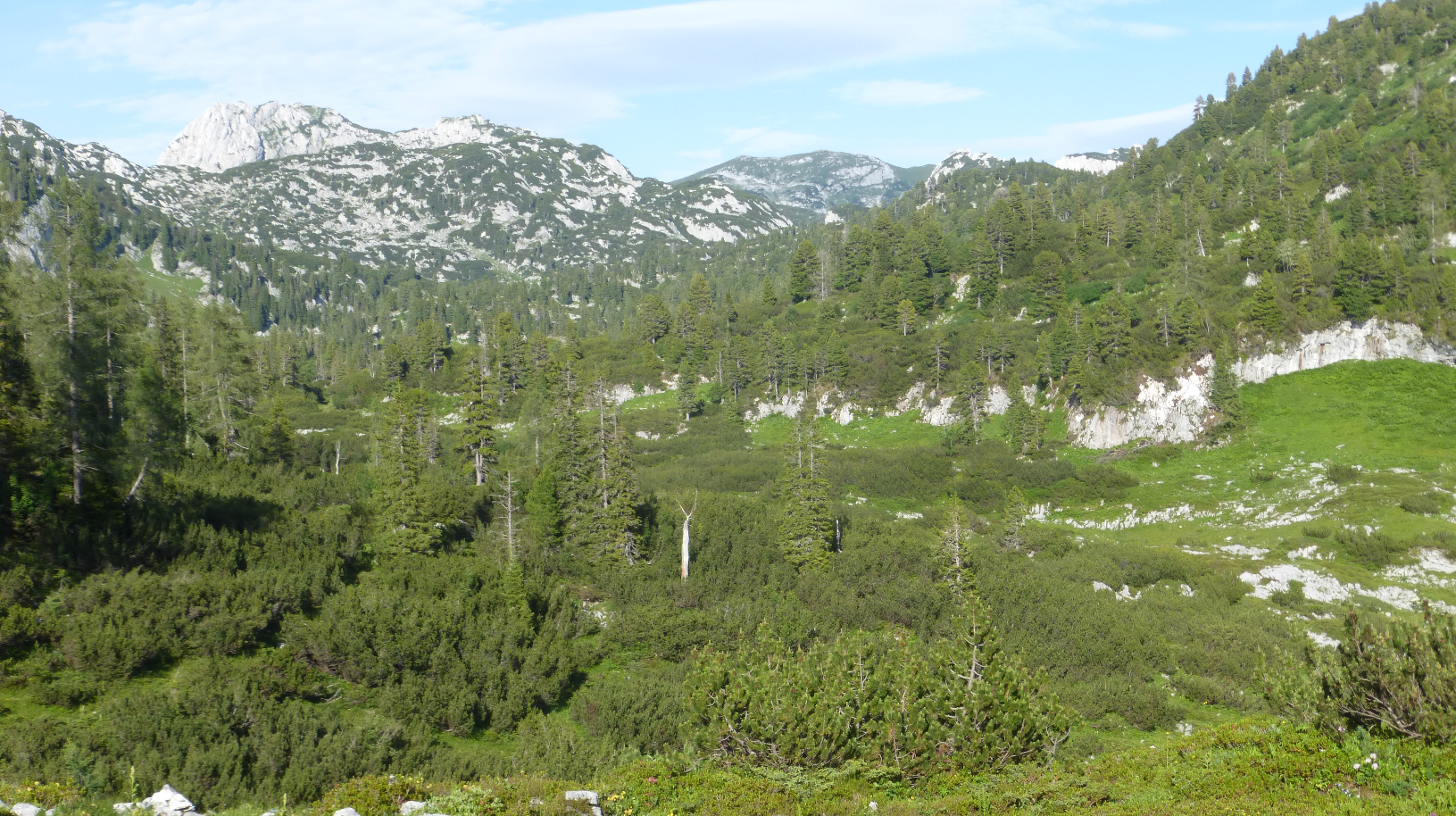Part 1 about the anti life movement can be found here: https://martinballuch.com/the-anti-life-movement/
I had some reactions to part 1, which I want to address here. Firstly, some people took issue with my statement, that anti-lifers or broader utilitarians have to promote eating farmed animals, if they have a net positive life, i.e. if they are kept in a way that altogether including slaughter they have more positive than negative experiences. The critics say, the issue is “eating them”. Utilitarians would be in favour of having net positive farmed animals, but not in favour of eating them. Well, things are not that easy. Consider farmer Brown, who is prepared to have animals on his net positive farm, but only, if somebody eats them at the end of the day. So the option is not, have the animals and nobody eats them. The options are, either he has those animals and somebody eats them or he has none. And utilitarians, who want to increase happiness and reduce suffering in the world, would have to choose option one. In other words, utilitarians would have to promote eating net positive farmed animals, because that means there are more of them. And any net positive animal in their view must be a good thing, be him or her eaten or not. And, by the way, one of the loudest anti lifers, Jack Hancock, made a video called “I was wrong”, in which he questions veganism, since in his view its hard to do and does not change anything regarding the in his view most important animal suffering issue, namely wild animals.
Secondly, and more to the point, anti lifers pointed out to me that my 6 conjectures are supposedly a “red Herring”, i.e. they miss the point. Even if they are true, nature should still be designed, if there is one wild animal left, who is suffering. Wait a moment, not so fast. One of the most decisive issues for anti lifers is that in their view, most wild animals have a net negative life, i.e. their life is overwhelmingly bad, and therefore they should not have existed in the first place or should be (humanely) killed. That directly contradicts my 6 conjectures. Hancock for example started his presentation at the conference in 2024 in Luxembourg with the message that he cannot sleep anymore, when he is thinking about nature and all the suffering that is going on there. Something must be done about it, immediately. Well, if it is true that wild animals have a better life than humans in civilisation, and if its true that humans are the species that causes most suffering on the planet, including indirectly Hancock himself, he should look elsewhere with his worries and activity.
And then the conjectures also suggest that beings growing up in the wild do not want any help. Consider North Sentinel. It is an island in the Indian Ocean, on which a tribe of indigenous people is living. This tribe actually kills anyone, who wants to step onto the island from outside. And when there was a tsunami in the area and civilisation sent a helicopter to help, it was met with armed resistance and a barrage of arrows. The Indian government therefore declared that island an exclusion zone, where nobody is allowed to go into. What is the approach of the anti lifers to that fact? Force their nature design on those humans? And if not, why then force it on nonhuman animals in a similar scenario?
Anti lifers argue that we (whoever is meant by that) should not listen to what wild living beings want, because those beings have no idea of civilisation and its merrits. They do not know, for example, how well medical help is developed. It is like with your dog and your children at home. They also do not know that doctors can help them, so you take them to the doctor by force, even if they do not want to. Equally, anti lifers say, we should take wild animals and wild humans out of their suffering and misery in the wild and bring them into civilisation, where there is help all around, or rather extend civilisation per design into the wild. So, no, the opinion of wild living humans or animals does not count. They must be forced to suffer less. And that can be achieved in the view of anti lifers by bringing them the salvation of civilisation. Which leads me back to my conjectures, because if they are right, then civilisation means more harm than the wild. Wild living beings are happier and healthier. And, indeed, humans, who have grown up in the wild and were shown civilisation and its merrits, happily and speedily went back to the wild, like for example Agafja Lukowa and Derzu Usala.
I note at this point: anti lifers would want to force their civilisational merrits onto the wild living tribe of humans at the island of North Sentinel, even though those humans do not want that and even though the government of India has realized that those people should be left alone. If the anti lifers say, though, that this should not happen to wild living humans, but it should to wild living animals, then they are speciesist. Why make that difference?
But what is meant with the critique that my conjectures are supposedly red Herrings is the following scenario, which is repeated by anti lifers all the time: Suffering is a state a sentient being wants to avoid. If a wild animal is suffering in the wild, then we (whoever is meant by that) must help him oder her and end the suffering. Its as easy as that.
No, it is not. Consider the following situation. I went to Siberia into the wild. I took that risk deliberately. I had no weapons with me and no mobile phone to call for help. That I cut all connections to civilisation was very important to me. It made me feel free. And I wanted to have this freedom. The deal was, I am free in this way, but I also will not get help if I am in trouble or suffer. Now, say, I suffer, like I am attacked by a leopard or I freeze in the winter cold. Yes, if that happens, I suffer. Yes, that is a state I wanted to avoid or will want to stop. Yes, if somebody helped me in that situation, I would be grateful. But I am aware that I took that risk. It was my responsibilty. I will not blame anybody else. I will not demand help from anyone. Its part of the freedom in the wild, that you take that risk and live with the consequences. So how about that, anti lifers? How to deal with this kind of suffering? Is it an ethical problem, when it was my choice and my risk? If you wanted to avoid that type of suffering, you would have either to stop me going into the wild, or set up some observation network that rings an alarm bell, if I suffer, so that help can be on its way. Either of those options would, though, destroy my feeling of freedom, which was the driving force for me to go into the wild in the first place. For me, both are no options.
Now, thats me, you might say. One person. Doesn’t matter. All the others in the wild do not feel the same way. Well, I think in fact they do. (Almost) all people I ever met, who go into the wild, are looking for the same freedom. “Eigenverantwortung” is what they are looking for, being responsible for themselves without papa state looking after them. Actually, many people even destroy safety measures in rock faces to extend that “Eigenverantwortung” beyond technical help. And all people, who have grown up in the wild, consider civilisation as totally unfree and therefore do not want to be there. Alle wild living human tribes do not want, and never wanted, to become civilized, even if that meant steady food supply, warmth, safety from pedators and medical help. So, the question remains what do wild animals feel. Do they feel like me and the wild living humans or do they feel like the people, who have grown up in civilisation and think to miss that luxury must be awful? The latter attitude, that civilisational luxuries must be welcomed by all sentients, I call civilisation bias. That is just not the case. Not with me, not with wild living humans and not with wild living nonhuman animals.
That I call, symbolically speaking, the wilderness contract, in comparison to the social contract of Rousseau and others. The latter means, you subject yourself to the rules of society and thereby give up your freedom, but you get safety and support. Nobody signs such a thing in reality and children are never asked but brought into that contract by their parents. But it is a concept that makes clear what the deal is. The wilderness contract on the other hand, again symbolically, means you take your freedom and give up safety and security in return. Like with the social contract, as children we grow into this, we are brought into the contract by our parents.
The answer to the anti lifers now is: respect your boundaries. Reduce suffering, if you want, but on your side of the fence, amongst those subjected to the social contract, i.e. those under human domination. And leave those in the wild be. Leave them free and “eigenverantwortlich”. Its none of your business.



